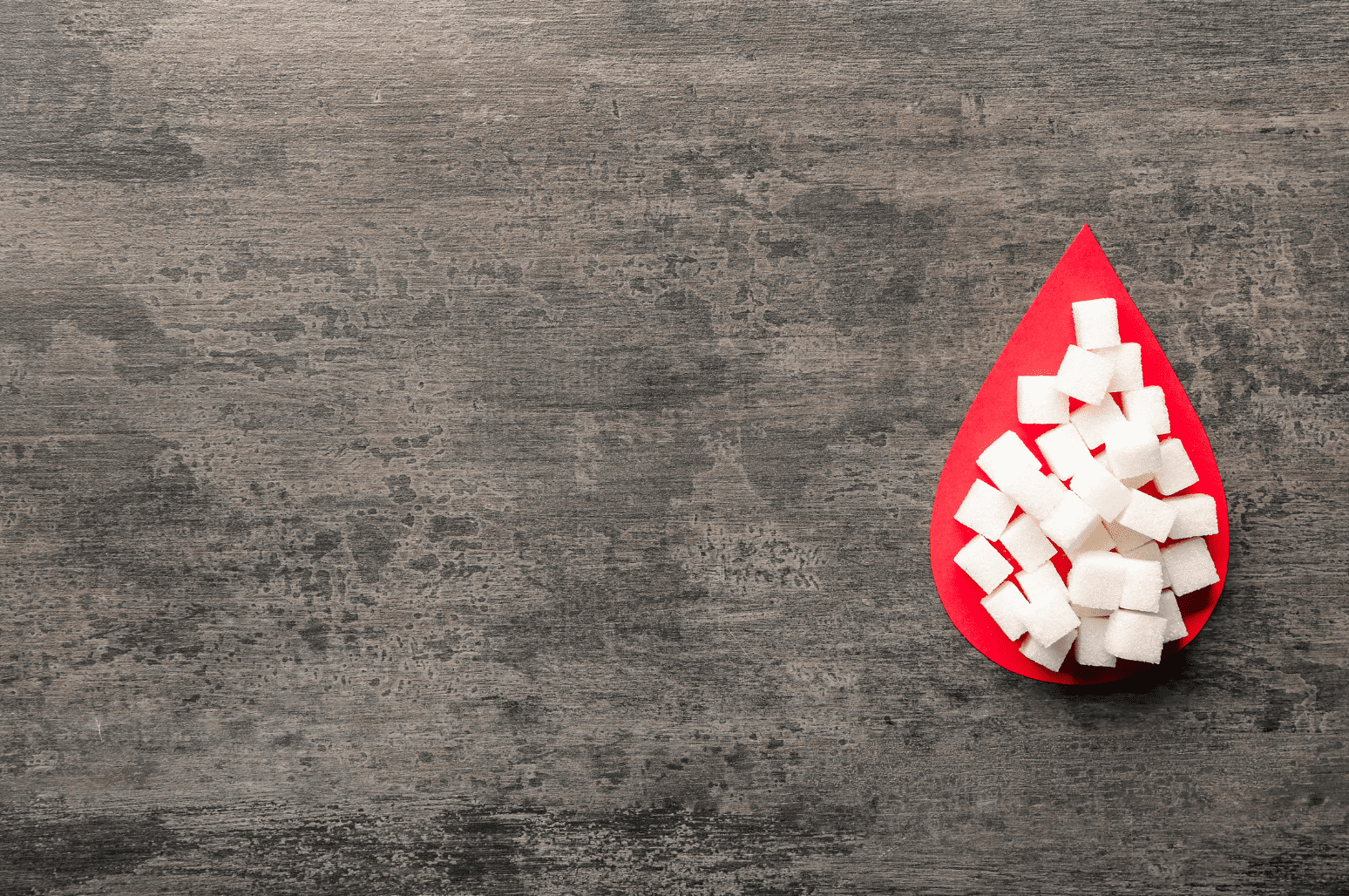
Among the health concerns affecting women, lipedema is one that is often misdiagnosed. Because in involves swelling in the limbs, it is sometimes mistaken for lymphedema or obesity. Although these are separate conditions, lipedema can eventually lead to lymphedema if fat buildup continues, and obesity makes lipedema worse. [1]
The goal of this article is to help you understand lipedema and its causes, and more importantly, answer the questionof whether you should try the keto diet for lipedema.
What Is Lipedema?
Lipedema is defined as the accumulation of excess fat in the lower parts of your body, such as your hips, thighs, and buttocks. Some individuals may also notice an abnormal fat buildup in their arms. However, note that it does not involve the hands and feet.
When it comes to gender, lipedema is much more common in females with an incidence of nearly 1 in 9 adult women. Those who have it report the following signs and symptoms: [2]
- Describing themselves as having “disproportionate halves” — i.e. a smaller upper body and large lower body
- Affected fatty areas are painful to touch and they bruise easily
- It feels as if their legs are heavy
- Their legs have a dimpled or lumpy texture with a “beans in a bag” feel
- Swelling can get worse during hot weather. For example, in the afternoon or summer months
Your doctor will diagnose lipedema based on your medical history and symptoms. Treatment also depends on the stage and type of lipedema to help reduce pain and improve the appearance of limbs.
What Is the Main Cause of Lipedema?

The underlying cause of lipedema is still unknown, although it tends to run in families and appears or worsens during hormonal changes. These hormonal changes include puberty, pregnancy, using hormonal contraceptives, and menopause.
In addition to its hereditary and hormonal components, a recent study mentions that hyperinsulinemia (or high insulin levels in the blood) contributes to the onset of lipedema. Therefore, reducing insulin levels and improving insulin sensitivity may help treat lipedema. [3]
Does the Keto Diet Help Lipedema?
The short answer is yes, the keto diet is a natural remedy for lipedema, along with other non-invasive strategies like manual lymphatic drainage, compression socks, and exercise.
It’s important to note that similar to other treatments, the keto diet does not cure lipedema. Rather, keto relieves symptoms, improving a person’s quality of life. To be specific, keto: [4]
- Reduces weight
- Reduces adipose tissue and swelling
- Controls pain
- Enhances lymph transport
- Improves a person’s mental well-being by improving the appearance of affected body areas
Considering that keto limits dietary carbohydrates to less than 50 grams, those with lipedema are unlikely to have high blood glucose and circulating insulin, which corrects hyperinsulinemia.
BHB (beta-hydroxybutyrate), the main ketone produced during ketosis, has an anti-inflammatory effect, which may target the inflammation that’s present in the adipose tissue. [4]
How to Follow the Keto Diet for Lipedema

Keto as an anti-inflammatory diet to improve lipedema doesn’t have to be complicated. Stick to the basics—eat only 50 grams of carbs each day (some people need to stick to 20 grams or fewer). Avoid grains, starchy vegetables, most fruits, pasta, and baked goods to keep carbs as low as possible.
Eat fat to satiety, focusing on healthy fat sources like omega-3s from fatty fish, whole eggs, grass-fed meat, nuts, and seeds. Consume a moderate amount of protein preferably from animal-based foods, which contain all essential amino acids.
You’ll also want to stay away from added sugars and vegetable oils from canola, corn, soy, sunflower, and safflower. These promote inflammation and may worsen lipedema symptoms.
Some people with lipedema have food sensitivities and intolerances, which necessitates adjusting their keto diet. While the keto diet is very low in gluten (since gluten is naturally present in bread and pasta), it still includes foods that may cause reactions. Examples are dairy, caffeine, and sugar alcohols. Identify your personal food triggers and make sure to avoid them.
Other helpful lifestyle changes:
Besides adhering to a very low-carb diet, incorporate exercise, healthy sleep habits, and intermittent fasting as part of your daily routine. These practices complement one another and maximize your results on keto!
Reducing Symptoms of Lipedema on Keto
As a chronic condition, lipedema affects your life in many ways and may even worsen due to obesity, hormone fluctuations, and high insulin levels. But the good news is that it can be managed with the right nutritional approach.
The ketogenic diet as a potential intervention for lipedema is effective for reducing swelling and pain, controlling your weight, and improving lymph transport. Cut carbs, added sugars, and inflammatory vegetable oils—you’ll likely see a big difference.
Also, get support from a lipedema specialist who can recommend other therapies to stop lipedema from progressing. Do you have lipedema or know someone struggling with this condition? Share this article to raise awareness.
References
Vyas A, Adnan G. Lipedema. [Updated 2023 Jan 30]. In: StatPearls [Internet]. Treasure Island (FL): StatPearls Publishing; 2023 Jan-. Available from: https://www.ncbi.nlm.nih.gov/books/NBK573066/
Buck, D. W., 2nd, & Herbst, K. L. (2016). Lipedema: A Relatively Common Disease with Extremely Common Misconceptions. Plastic and reconstructive surgery. Global open, 4(9), e1043. https://doi.org/10.1097/GOX.0000000000001043
Jeziorek, M., Szuba, A., Kujawa, K., & Regulska-Ilow, B. (2022). The Effect of a Low-Carbohydrate, High-Fat Diet versus Moderate-Carbohydrate and Fat Diet on Body Composition in Patients with Lipedema. Diabetes, metabolic syndrome and obesity : targets and therapy, 15, 2545–2561. https://doi.org/10.2147/DMSO.S377720
Keith, L., Seo, C.A., Rowsemitt, C., Pfeffer, M., Wahi, M., Staggs, M., Dudek, J., Gower, B., Carmody, M. (2021). Ketogenic diet as a potential intervention for lipedema. Medical Hypotheses, 146. https://doi.org/10.1016/j.mehy.2020.110435









